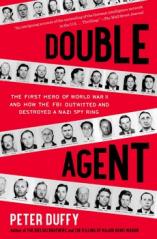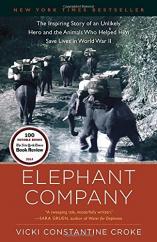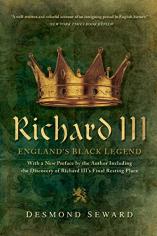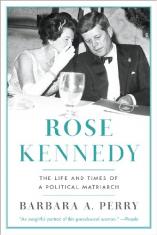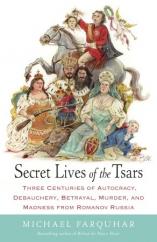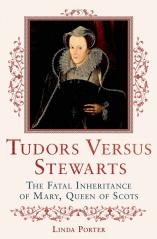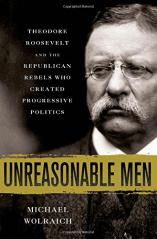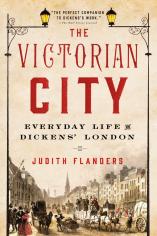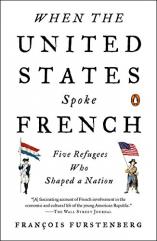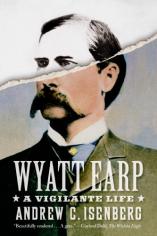July 2014
History Books Roundup: Reliving the Past
July 2014

July’s roundup of History titles includes Robert L. O’Connell’s biography of William Tecumseh Sherman, FIERCE PATRIOT, a bold, revisionist portrait of how America’s first “celebrity” general exerted an outsize impact on the American landscape --- and the American character; THE NIXON TAPES: 1971-1972, Douglas Brinkley’s latest book that was made possible by professor Luke Nichter's massive effort to digitize and transcribe the Nixon White House tapes, revealing for the first time the 37th President uncensored, unfiltered and in his own words; DOUBLE AGENT by Peter Duffy, the never-before-told tale of the German-American who spearheaded a covert mission to infiltrate New York’s Nazi underground in the days leading up to World War II --- the most successful counterespionage operation in US history; and Linda Porter’s TUDORS VERSUS STEWARTS, which sheds new light on Henry VIII, his daughter Elizabeth I, and his great-niece, Mary Queen of Scots.

